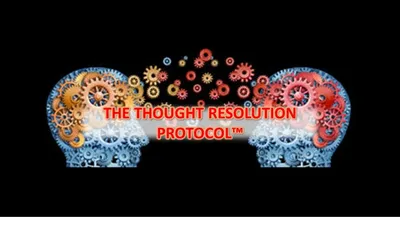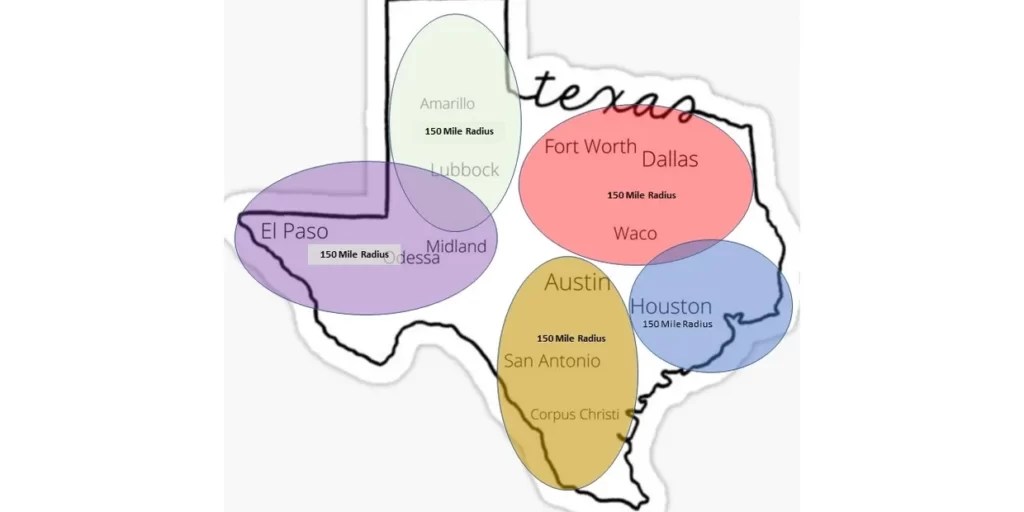TRUCE Dispute Resolution Firm (TRUCE) was founded in 1997 in Dallas, Texas. The purpose was to provide quality-controlled mediation services to private,public, corporate and government entities. TRUCE uses the Thought Resolution Protocol tm mediation approach to monitor and evaluate the mediation process effectiveness.

The Thought Resolution Protocol tm, (TRP) was developed in 2008 by Linda Olden-Smith, a non-attorney mediator. The approach is a non-invasive, dispute discussion facilitation practice. Contrary to the popular and more traditional mediation methods, TRP focuses on the individual words, gestures and actions that surface in the discussion and assists the parties via strategically structured intervention questions to accurately interpret each party contribution so that the parties themselves can independently derive intent and decisions regarding such. The mediation practice of the more traditional approaches focuses on personalities, agenda, and other psychological factors. While these optional focuses are successful to a large degree, the TRP approach has demonstrated far more successful and enduring results, and in a shorter discussion period. Success in the TRP approach is measured by the level of mutually satisfactory closure the parties are able to achieve in the complete exhaustion of their issues. The TRP approach was written in the book, Playing the Resolution Card Mediating Disputes with the Thought Resolution Protocol tm, and submitted in a blind review to the Texas Bar Association. Therein, the Thought Resolution Protocol tm mediation approach was reviewed by Attorney and Adjunct Professor Justin Coquat,ALTERNATIVE RESOLUTIONS STATE BAR OF TEXAS ALTERNATIVE DISPUTE RESOLUTION SECTION Vol. 18, No. 1 Winter 2009 Book Review and then follow with and touted as not short of ingenious.
The Thought Resolution Protocol tm was researched and developed by Linda Olden-Smith. Having been trained on the both the traditional 5 phase process of the Problem Solving Approach and then Joe Folger and Robert Baruch Bush’s Non-Invasive Transformative Approach, Olden-Smith identified opportunities to:
In the mediator focus using the THOUGHT RESOLUTION PROTOCOL tm is on the words, gestures and actions that surface live and in the moment during the session to drive the structured mediator intervention activity. This is different from the more traditional mediation approaches that take into account such details as:
In the THOUGHT RESOLUTION PROTOCOL tm these factors play ABSOLUTELY NO ROLE.
Parties engaged in theTHOUGHT RESOLUTION PROTOCOL tm tend to be willing to derive and achieve complete and mutually satisfying endurable closure to their contention far more quickly than that which is experienced for parties in similar issues with similar volatile contention levels.
Mediation is a discipline used by an individual to facilitate communicative discussions between disputing individuals. In mediation, the mediator is not a referee, an arbitrator, a judge, an advocate for either side or as a counselor to expedite the clearance of any court docket.
Mediation is a process whereby a mental and physical environment is fostered whereby the parties to the dispute are most likely to achieve the self determination and self empowerment to productively and successfully come to their own mutual, satisfactory and enduring decisions about their resolution options and harmonious closure to their issues.



The State of Texas requires that individuals desiring to serve as court annexed mediators mus complete 40 classroom hours of mediation training that is in compliance with Title 7, Chapter 154, Texas Civil Practice and Remedies Code. Further this training myst meet the criteria for training as set forth by The Texas Roundtable of Trainers. This mediation certificate includes basic mediation training.
*** To conduct mediation services that involve family issues, additional training is required by the state of Texas. There may be other dispute issues requiring highly specialized training. TRUCE DISPUTE RESOLUTION FIRM shall provide the additional training as requested and needed. Our current caseload does not require such specialized training.


The Candidate must complete an additional 16 hours of Thought Resolution Protocol training. TRUCE DISPUTE RESOLUTION FIRM, provides an additional 16 hours training to those roster candidates whose certificates meet the minimum Texas Mediator requirements, however have not been trained on the Thought Resolution Protocol tm.


Indeed, the Thought Resolution Protocol tm is a highly advanced and scientific approach to the facilitation of dispute discussions. As it it such, TRUCE does charge all who desire to serve as a TRUCE mediator to receive our prestigious and highly effective training. TRUCE does not bind anyone to serve on its roster. All TRUCE assignments are voluntary and as needed. At this point TRUCE only provides ON CALL SERVICES. There are no guarantees of mediation assignments for TRUCE or consistent mediation assignments for TRUCE. Hence, the mediator who successfully completes TRUCE training and qualifies for TRUCE assignments are encouraged and supported to seek other mediation opportunities or other gainful employment to supplement their income.

Please reach us at truce.media@aol.com if you cannot find an answer to your question.V
This site is protected by reCAPTCHA and the Google Privacy Policy and Terms of Service apply.
Feel free to reach out with any questions or inquiries you might have. The doors to our community are open to you, and we look forward to welcoming you soon.
